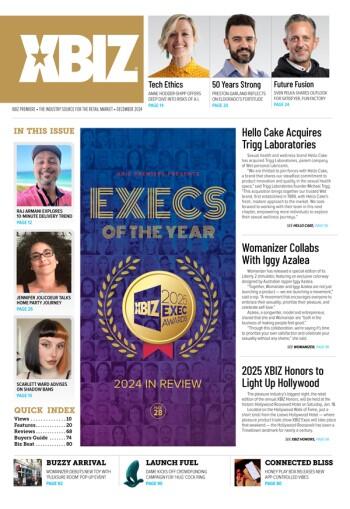At a press conference on Sony’s future strategy, Chubachi said the company has been listening to consumers, and the message they are sending is that they are not thrilled by the prospect of having to choose between two competing formats, leading Sony to explore the idea of marrying the technologies.
“Listening to the voice of consumers, having two rival formats is disappointing, and we haven’t totally given up on the possibility of integration or compromise,” Chubachi said.
Chubachi’s remarks echo those of another high-ranking Sony executive, Ken Kutaragi, who earlier this year said a format war was not in the public interest and that convergence was under consideration.
The electronics industry has been sharply divided during the past 18 months over the question of whether Blu-ray or HD-DVD is best for storing high-definition video. Consortiums of major electronics firms, Hollywood studios and disc makers have formed to promote one technology over the other, much as they had in the 1980s during the battle between Betamax and VHS.
The HD-DVD camp, led by NEC and Toshiba, has contended that HD is more convenient for both consumers and industry because it is backward-compatible with DVDs and CDs. In addition, several key HD movie and PC-drive releases are expected this year.
Sony, on the other hand, has touted Blu-ray as more useful because it has greater storage capacity and wider support in the industry, despite the fact that no major releases using the technology are currently planned.
Chubachi hinted that the newfound interest in an integrated solution may have been prompted by the failure of Sony’s proprietary audio encoding system to compete with MP3-based products.
Sony’s products, he said, have not always matched consumer’s needs, and there is an inherent danger in backing the wrong format. Therefore, the company could hedge its bets by successfully blending the two emerging technologies.
“The question that Sony is looking at is, having been through these types of format wars in the past, is this [divisiveness] really something that’s going to benefit them going forward,” Jupiter Research analyst Michael Gartnberg said. Gartneberg said manufacturers may be worried that a protracted battle between formats will delay adoption of either as consumers take a wait-and-see approach. Likewise, he said and content providers may be reluctant to invest in content development until it is clear where consumer demand lies.
“Sony was co-founder of the compact disc and certainly understands the value proposition of getting everyone to agree on a platform,” Gartnberg said. “It will be fascinating as it plays out the rest of the year.”







